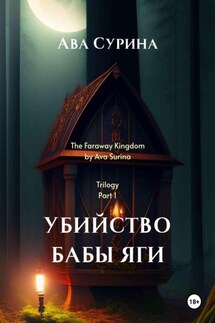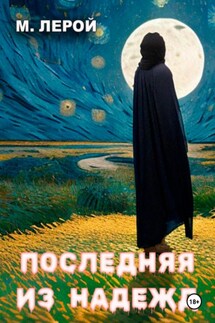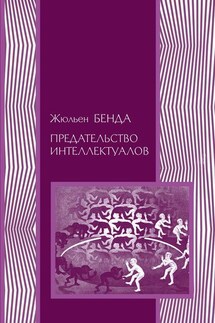Fly Hunter: The Story of an Inquisitor - страница 6
The gray-bearded elders nodded in agreement, not understanding a word of what was said but not daring to admit it to themselves or others.
The chauffeur, dressed in a black, shiny leather jacket with a Mauser at his side, snapped photos "for memory" on behalf of the special department of the Commission for controlling the moods of the happy and the free, while also causing envy among the poorly educated with the creak of his leather, the gleam of his camera, and his unflinching significance.
In the evenings, Aman-Jalil entertained solitary-minded idiots who thought they were being unfairly equated with geniuses: – "They do nothing but think, even a donkey thinks with its big head, but we work, build—whatever we build doesn't matter, the main thing is that we build. We don't think, we work. They think, but don't work. They all get the same, unfair. The district sardar thinks those who think mean something, we don't need thinkers, we need workers. If they don't work, they don't make mistakes. If we make mistakes, it means we work. Those who think don't make mistakes, but they also don't work. It's clear that if anyone doesn't work on building the new society, they are a rotten shard left by the windswept overturn of Renka's despotic regime. When there was only the base freedom to leave the country and return, choose something tasty to satisfy their belly from an abundance of food, but there was not a gram of freedom to build a new bright building, for the construction of which it is mandatory to forcibly drive under guard everyone capable of working. Only those who cannot, who have no strength, have the right not to work, but they have no right to demand food from us. 'Those who work—live, those who don't—die.' The bright building must be built faster, give all your strength to construction, even if there is no strength left to live in this bright building. But others will say, 'Well done, thank you!'"
However, despite Sardar Ali's dissatisfaction, Aman-Jalil did not find the compromising material that Ahmed expected from him.
– "There's nothing easier than fabricating the truth," Aman-Jalil recalled his math teacher saying when asked, "what is seven times two?" He answered, "eighteen." "But your fabrication is closer to the truth than if you had said, 'twenty-five.' In mathematics, truth matters, not personal truth, so I give you a 'two'."
– "And if there's nothing easier than fabricating something, then you have to concoct something more absurd yet convincing… A photograph, one that could serve as evidence, but a photograph of what?"
The district center was a larger, dirtier village. Aman-Jalil pulled up to the largest building, confident it was Sardar Ali's house. To his surprise, the house turned out to be a place of meetings and decision-making. A large ship bell hung in front of the house, somehow finding its way into this dry province, very far from the sea, clearly serving as the town bell.
– "Which country did they bring this thing from? Some Ottoman must have thought it golden, see how it sparkles. They use rough brick to clean it, no different from a corporal in the military making you polish buttons with pounded red brick," Aman-Jalil thought enviously.
Sardar Kareem lived nearby in a small adobe house with his wife and a bunch of children. The serenity on his blissful face made him resemble ancient Byzantine icons.






